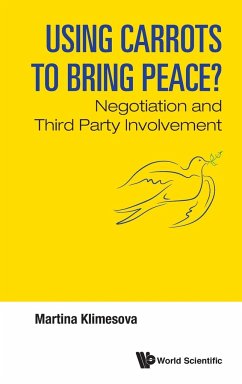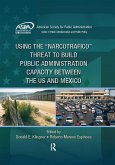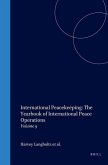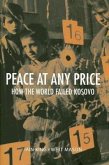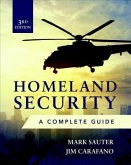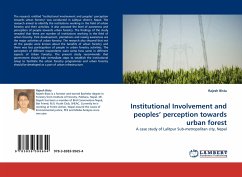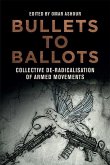How to make peace effectively? This book is the first publication of its kind to thoroughly describe peace and aid conditionality in the context of negotiation processes. It examines the impact of external involvement (i.e. states, international and regional organizations and non-state actors) in peace processes in internal armed conflicts over grievances of self-determination. It focuses on the effectiveness of aid conditionality and other external tools that third parties bring to peace negotiation. The publication is divided into three main parts. The first section outlines the existing theoretical debate on third party incentives and peace conditionality and summarizes the gaps between academic literature and what practitioners need. The next section analyses incentives and third party involvement in negotiation processes in Sri Lanka (Eelam), Indonesia (Aceh), and in the Philippines (Mindanao). The third and final section outlines external policy tools that are most likely to have an impact on the negotiation and lists policy recommendations for third party mediators and facilitators.

